My Italian best

Duecento- 1200's
Saint Francis Assisi- Il cantico delle creature- (The canticle of the sun)
This is Saint Francis' hymn to creation including the Sun, Moon, Water, Air etc.
It is also one of the earliest poems in an Italian romance dialect, Francis' own Umbrian variety.
Trecento- 1300's
Dante Alighieri- la vita nuova, le rime, la divina commedia
The best part of Inferno is where Dante meets his old teacher Brunetto Latini sent to perdition for metrosexuality. Also, he condemns the soul of the pope of the time to Hell letting his body walk the earth.
Cecco Angiolieri- Poetry
Basically the anti-Dante. In his poem s'i fossi foco, he talks about getting back at his father and burning the entire world.
Guido Cavalcanti- Poetry
Dante's friend a fellow poet. His heart wrenching verses are the stuff of legend.
Quattrocento- 1400's
I would say Petrarch and his Canzoniere but it has been so successful it has outdone itself in a way. So there are better Petrachists than the old man himself by the 16th and 17th centuries.
Cinquecento- 1500's
Ludovico Ariosto Orlando furioso
This is an intense epic poem that keeps getting better along the way.
Niccolo Machiavelli Il principe
This book has a very bad reputation, yet it is immensely entertaining to read.
Here I would also put Machiavelli's play La Mandragola, but while I find the play fluid and strangely modern I can't say I like it that much.
Seicento- 1600's
Giambattista Marino- L'Adone
A full-blown baroque poet often compared to his Spanish contemporary Gongora. His poetry is all about surfaces and textures such as the human body.
Settecento- 1700's
Cesare Beccaria Dei delitti e delle pene (On Crime and Punishment)
A study on crime and punishment as they existed in penal codes and the need for reform. One of the first scholars to argue against the death penalty.
Ottocento- 1800's
Giacomo Leopardi- Poetry
Deeply pessimistic, oddly beautiful poetry.
Alessandro Manzoni- I promessi sposi (The Betrothed)
The best Catholic novel ever written. Set in 17th century Milan during Spanish rule, it is the story of an engaged couple and their struggle to get married when things get out of hand with bandits, food riots, and disease. The best character is Don Abbondio, a bumbling cleric who does just enough and yet still doesn't do much.
Manzoni is the grandson of Beccaria and so had an intimate knowledge of legal history. He parodies many of the laws and legal codes of the time in the novel. Indeed, part of the work's appeal is its view of the limits of human law.
Giovanni Verga- I Malavoglia (The Malavoglia family)
A novel from Verismo, the Italian movement of Realism. This novel tells the story of the decline of a merchant family in Sicily. The narrative incorporates a lot of colloquial, spoken language such as proverbs to give it a real-life feel.
Novecento- 1900's
Dino Buzzati- Il desserto dei tartari (Desert of the Tartars)
A soldier named Drogo is sent to a remote fortress on the outpost of an enemy border. Thing is, there hasn't been an attack in about a hundred years. So not much happens at first but routine. In essence, the novel delves into the monotony of modern life via a militaristic/bureaucratic fable.
Luigi Pirandello- Il fu Mattia Pascal (The former Mattia Pascal)
A man tired of his hum-drum life goes to Montecarlo for a weekend and wins big. On his way home he finds out that they have mistaken the body of a stranger for his and as a result he has been declared dead. He takes advantage of this to start a new life with his wealth. Yet he is still haunted by his past.
Italo Svevo (Ettore Schmitz)- La coscienza di Zeno (Zeno's Conscience)
Zeno Cosini tells his life story at the urging of his psychologist, which evolves around his attempts to quick smoking. This novel is unique in both style and form. Italo Svevo was the pseudonym of Ettore Schmitz a business man from Trieste (formerly part of Austro-Hungary). He represents the melding of the cultures of Central Europe, Southern Europe, and Judaism. A very interesting author.
Umberto Eco- Il nome della rosa- The Name of the Rose
One of the better historical novels about the middle ages. The style of the narrative, in fact the language itself makes you feel as if you're reading a Latin manuscript. The only criticism would be the characterization of some aspects of the inquisition but other than that it is an intriguing read that delves into the medieval mind.
Italo Calvino - Se una notte d'inverno un viaggatore
(If on a winter's night a traveler)
This work begins with a man reading a novel which ends suddenly. He goes to buy the next installment only to find that it is another book and so on and so forth. This goes on for ten cycles. It's an extended experiment in meta-fiction something like what Cervantes' does in parts of Don Quixote.

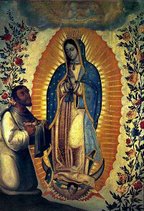
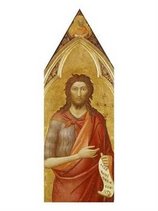


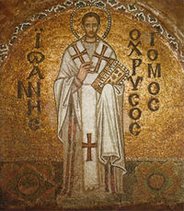
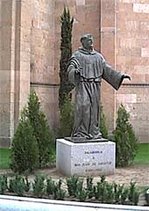

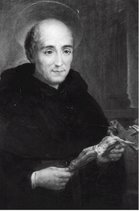
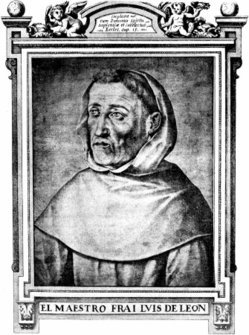
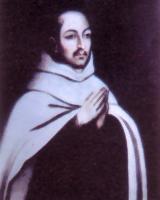


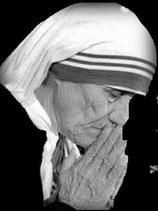
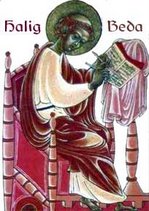
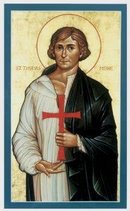
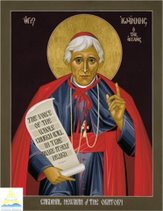




No comments:
Post a Comment